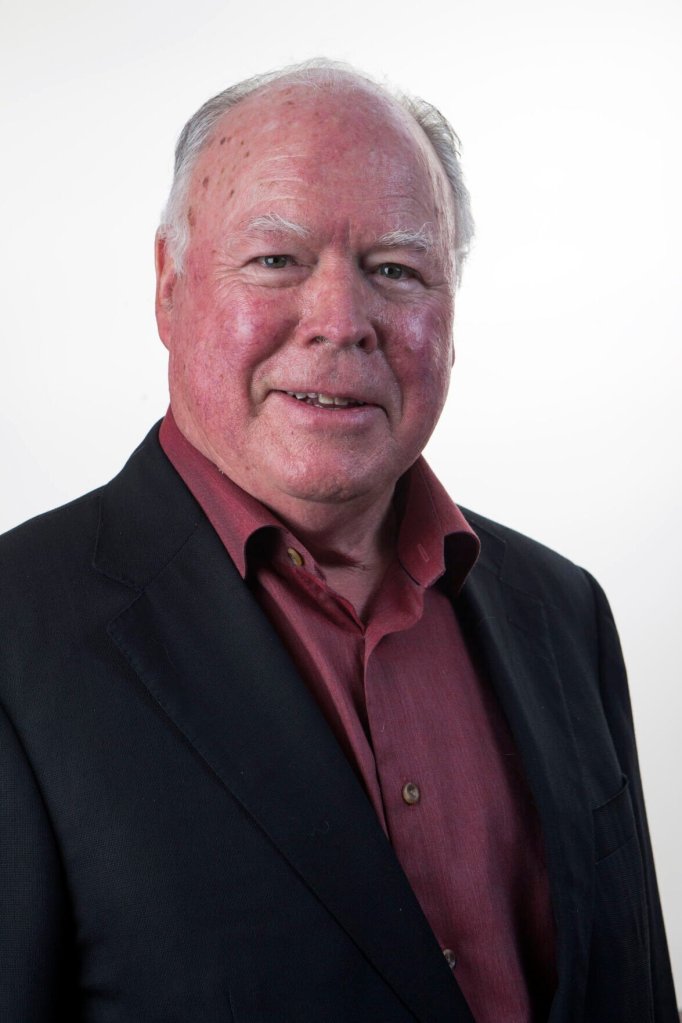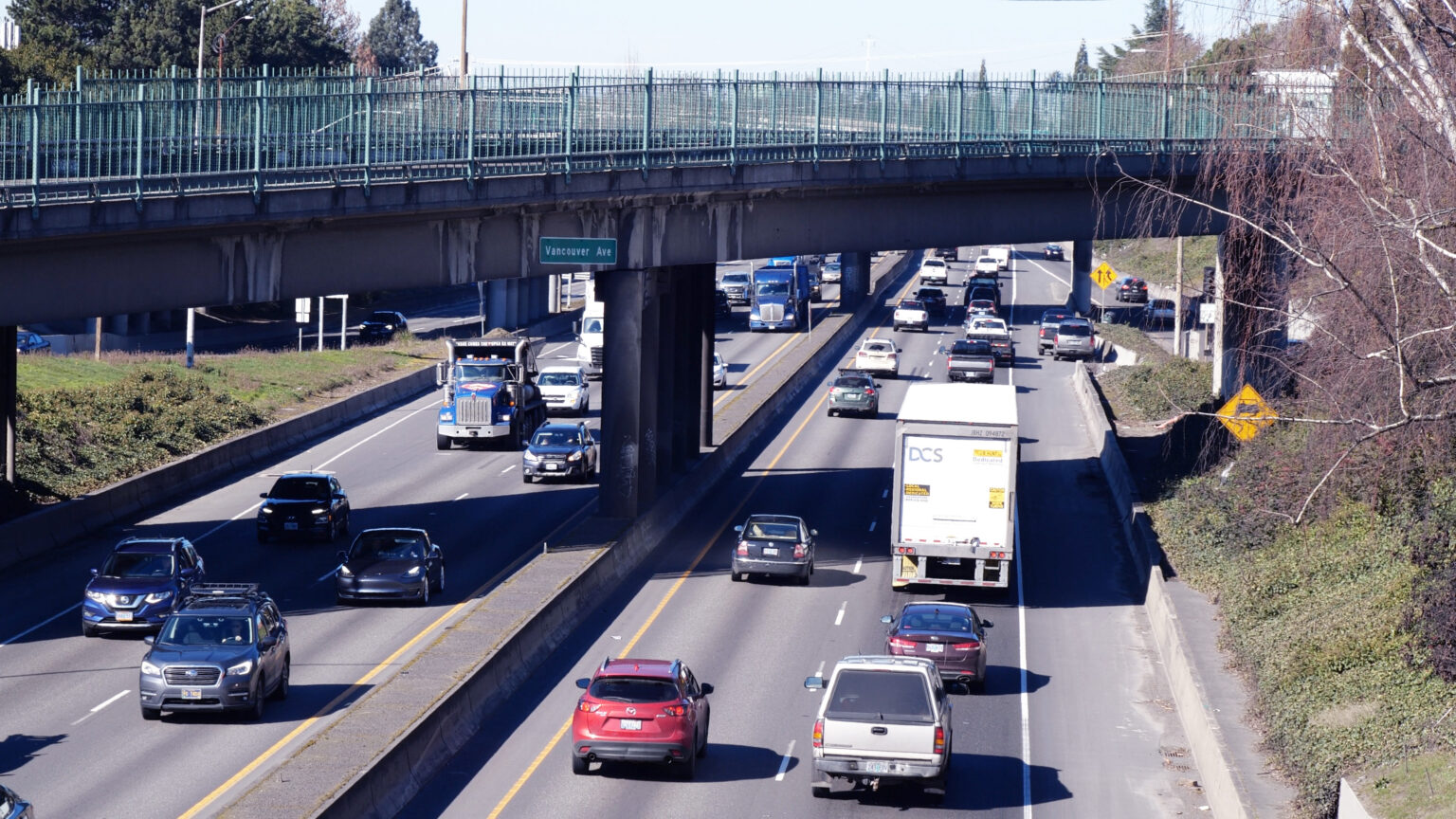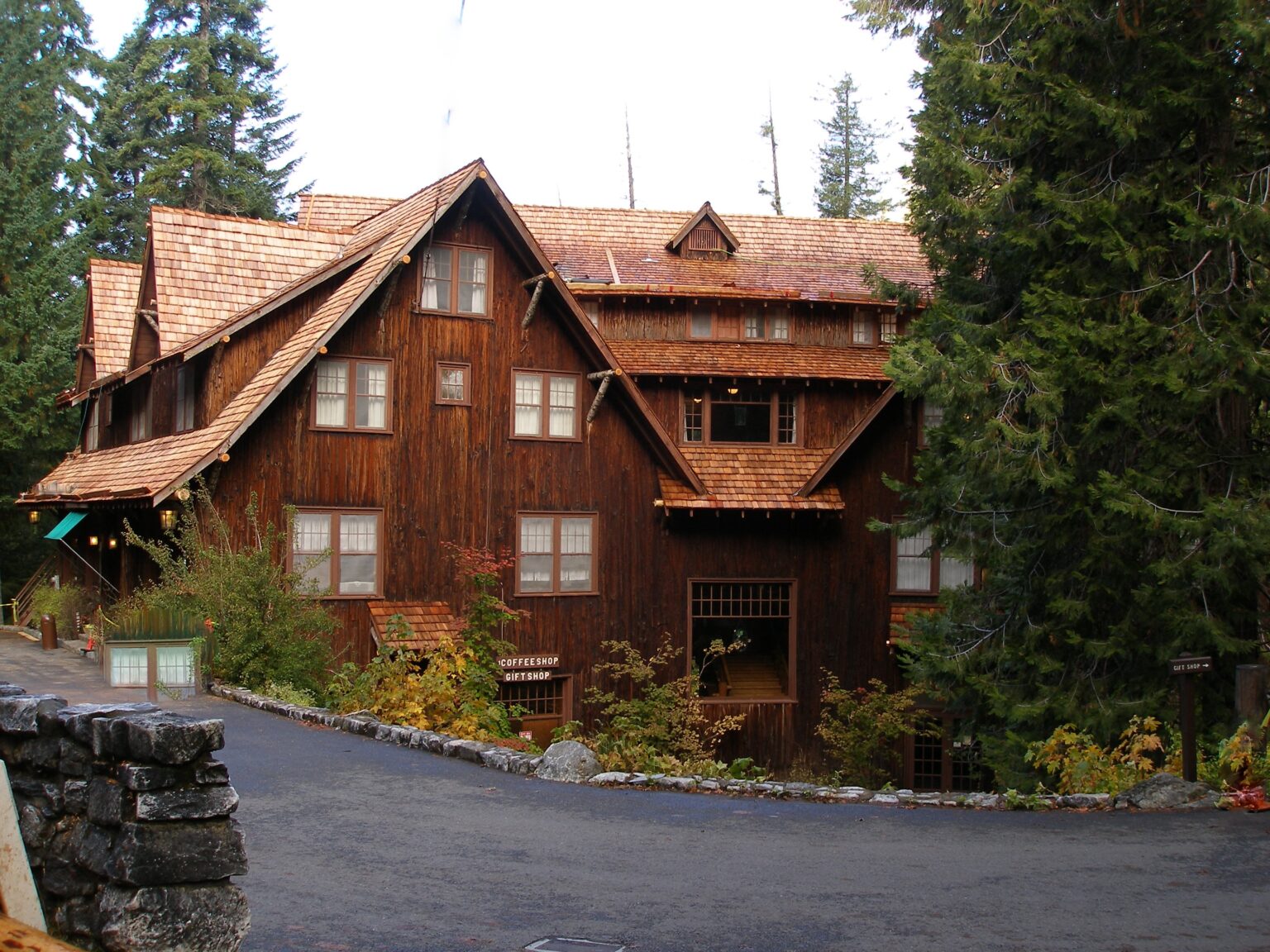Writer’s Notebook: Western aquifers are Bentz’s cause
Published 12:30 am Tuesday, October 31, 2023

- Steve Forrester
U.S. Rep. Cliff Bentz represents one of the largest congressional districts in America — a vast expanse of Oregon bordered by Washington state, Idaho, Nevada and California. Beyond the daily needs of constituents, such as assistance to veterans and Social Security recipients, the constant throughout the Ontario Republican’s district is water.
Being chair of the House Natural Resources Committee’s subcommittee on water, wildlife and fisheries gives him the power to set an agenda on water throughout the West.
In an interview on Thursday via Zoom, Bentz talked about where he fits in the fractious House Republican conference, his learning curve, his subcommittee chairmanship and how long he expects to stay in office.
Bentz’s origin story is growing up on a cattle ranch in southeast Oregon, some 60 miles from McDermitt, Nevada, population 20. “We used to refer to the federal government as the worst absentee landlord in history,” he said. “Growing up, when I was about 14, I realized I would like to get someday to Congress.”
Bentz served 12 years in the Oregon Legislature and won a U.S. House seat in the 2020 election. As a lawyer in Ontario, he worked with clients with water issues, and he served on the Oregon Water Resources Commission.
In the most visceral sense, Bentz‘s ambition lies in the inequality that rural people feel. “The whole idea was to reach a point where I could help the people in the rural part of this state play on the same playing field as folks who had perhaps more urban backgrounds and opportunities, because it was disturbing to me that people — it may have been just my perception — but it seemed that those in cities look down their noses at those of us that aren’t in cities,” he said.
Moving from the Legislature to Congress requires considerable adaptation. Describing the dimensions of his workplace, Bentz said: “It’s astounding the unpredictability and the random nature of things that happen here. And so a good example is Matt Gaetz standing up and filing that motion to vacate (the speaker’s chair), and that triggered a series of events that some of the longer-term people around here might have been able to predict what ultimately happened, but I doubt it.
“The pressure coming from both ends of the spectrum of our conference were not perhaps as well understood as they are now, and that’s just our caucus. There’s the small matter of the other side of the aisle, which is only four or five people less than what we have and all the things they have going on. And they might look unified, but they’re not.
“And then, finally, you do have that Senate, and you do have staff, which you probably were aware of it, (but) I was not, of the huge power of staff, and then all the interest groups and the push-pull, push-pull, push-pull.”
During the attempts to select a new House speaker, Bentz voted for U.S. Rep. Jim Jordan, an Ohio Republican who was widely disparaged as an agent of chaos. Describing himself, Bentz said: “I would put myself closer to the institutionalist end of the spectrum than the, ‘Let’s burn it down so we can rebuild it.’ The burning down and rebuilding takes a long time and is of questionable predictability. You’re not quite sure what you might end up with.
“Those who want to tear this place down do so at the risk of creating problems I don’t think they ever anticipated. I think, when Gaetz decided to file the motion to vacate, he had no idea what he was starting.”
Bentz eventually joined other Republicans in voting for U.S. Rep. Mike Johnson, a Louisiana Republican, as the new speaker.
After years in the minority of the Oregon Legislature, Bentz relishes the power to set the agenda in his House subcommittee. “It’s super interesting to notice the similarity of issues as you look across the Western United States when it comes to water,” he said.
“My water subcommittee had a field hearing down in Fresno on aquifer recharge. The hope was to prompt the governor of California to focus, and he did, on trying to capture more of that astounding amount of water that they received this year.
“We are going to be focusing on the groundwater challenges across the entire United States, but it’s driven in significant part by the groundwater challenges in Oregon. Of course, as a lawyer, I don’t know how many cases I had involving wells that went south or challenges to people’s priority in the groundwater situations.”
One of Bentz’s most daunting challenges is to build a circle of friends. One of his study aids is a stack of flashcards with House members’ photos on one side and their name on the back. He has befriended a number of Republicans.
To meet more Democrats, he followed the advice of a colleague and started going to a prayer group, where he is one of two guitarists. “Anybody that says that they know what they’re doing here after three years is lying, and part of that has to do with the fact you have to meet so many people and there’s so many, and so you think you’ve met everybody and you’re not even close.
“And that includes staff, and it includes all the people that do all the work around here, and it includes your compatriots, and then, just when you think you know everybody, about 40 or 50 of them leave, and now you’ve got 50 new people to meet, or 70 or 80, depending.
“The truth of it is the learning curve is really steep at the beginning and just continues. And I think, as long as you’re here, if you’re not learning, you probably should leave.”
Bentz and U.S. Rep. Earl Blumenauer, a Portland Democrat, have the most secure Oregon districts. Asked how long he will stay in Congress, Bentz said: “I think most people hope to stay here long enough to get something done. And what I’ve learned here is the time horizon is way different than Salem.
“The time horizon here is best expressed by pointing at Bruce Westerman’s approach to trying to get his package of bills (The Resilient Federal Forests Act) passed, and he’s been working at it for eight or nine years.
“And so that’s my goal is probably in that space — eight or nine years, maybe a little longer.”





